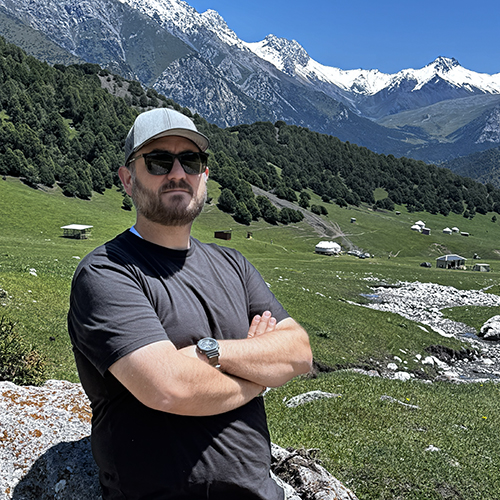A collaborative effort between the University of Washington’s Department of Biology and the Washington State Department of Ecology explored what makes ocean waters more acidic. Where previous studies focused on the after effects of pH changes, this study looked at how ocean ecosystems can also drive pH change.

The research team included UW biology professor Jennifer Ruesink, UW doctoral student Alex Lowe and State of Washington ecologist Julia Bos. Lowe’s dissertation chapter that outlines the project was recently published in the Nature Research journal “Scientific Reports.”
Looking at oxygen levels, temperature and salinity in Washington’s coastal waters, the researchers came to the conclusion that typical ecological processes like respiration or photosynthesis – known as ecosystem metabolism –influence pH at different scales. In the Salish Sea, ecosystem metabolism caused most of the pH variations observed in the study, including long term acidification.
In the spring, phytoplankton blooms take up carbon dioxide through photosynthesis. These blooms can influence pH levels and acidity across the entire ecosystem, the study showed. Kelp and eelgrass are often thought of as influencers, but phytoplankton can do that too – on a much larger scale.
“Learning that the life in the Salish Sea is the main factor driving pH fluctuations here requires a shift in our thinking about changing ecosystems,” said Lowe. “This also presents an opportunity for research: like how do the patterns we observed in the Salish Sea translate to other coastal systems – work I am doing now as a postdoc with the Smithsonian – and how that effects local plants and animals.”
Changes in pH from biological causes have important consequences, the study finds. For example, biological factors within the ecosystem can change pH even faster than atmospheric CO2 produced by the burning of fossil fuels.
“Global climate change remains a critical issue, but we have more power to manage what happens in Washington State than we do global greenhouse gas emissions,” said Lowe. ”This new understanding shows how long-term ecosystem monitoring that the Department of Ecology and other state agencies are doing will be a key resource for measuring our success.”
More Stories

AI in the Classroom? For Faculty, It's Complicated
Three College of Arts & Sciences professors discuss the impact of AI on their teaching and on student learning. The consensus? It’s complicated.

A Sports Obsession Inspires a Career
Thuc Nhi Nguyen got her start the UW Daily. Now she's a sports reporter for Los Angeles Times, writing about the Lakers and the Olympics.

Through Soil Science, an Adventure in Kyrgyzstan
Chemistry PhD alum Jonathan Cox spent most of 2025 in Kyrgyzstan, helping farmers improve their soil—and their crops—through soil testing.